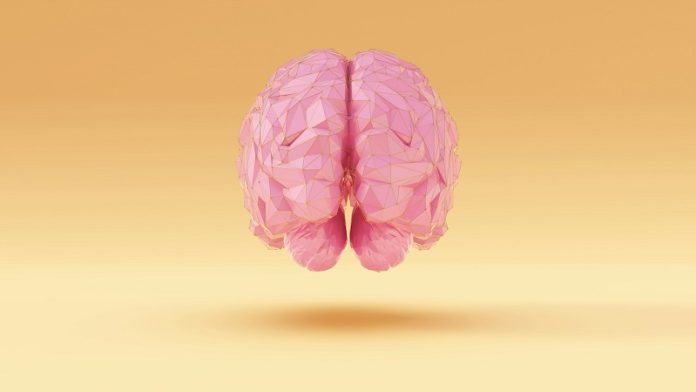
Alzheimer’s disease is a serious condition that causes memory loss and thinking problems.
While there’s no cure, research shows that what you eat can make a big difference in lowering your risk of developing the disease. Let’s explore simple and science-backed ways to eat for better brain health.
One of the best diets for protecting the brain is the Mediterranean diet. This diet is full of healthy, natural foods like fruits, vegetables, whole grains, nuts, fish, and olive oil. People who follow this way of eating have been shown to have a lower chance of memory loss and cognitive decline.
In one large study published in the Journal of the American Medical Association, people who closely followed the Mediterranean diet had a significantly reduced risk of developing Alzheimer’s. That’s a strong reason to load your plate with fresh, colorful foods.
Another brain-healthy eating plan is the MIND diet. It stands for Mediterranean-DASH Intervention for Neurodegenerative Delay and is a mix of the Mediterranean diet and the DASH diet (which is designed to lower blood pressure).
The MIND diet focuses on specific brain-boosting foods like leafy greens, berries, nuts, and fish. Even people who didn’t follow it perfectly still saw brain health benefits, according to a study published in Alzheimer’s & Dementia.
Let’s break down some of the key foods:
Leafy greens like spinach, kale, and collards are packed with brain-friendly nutrients such as vitamin K, folate, and antioxidants. These help reduce inflammation and protect brain cells from damage. A study from Rush University found that people who ate leafy greens regularly had the brain function of someone 11 years youngercompared to those who rarely ate them.
Berries, especially blueberries and strawberries, are high in antioxidants that protect the brain from harmful molecules called free radicals. One study in the Annals of Neurology found that women who ate more berries had slower memory decline as they aged.
Fatty fish like salmon, mackerel, and sardines are rich in omega-3 fatty acids, which are important for brain cell structure and reducing inflammation. A study in The Lancet showed that people with higher levels of omega-3s in their blood had a lower risk of Alzheimer’s.
Nuts are great for the brain because they contain healthy fats, vitamin E, and antioxidants. According to The Journal of Nutrition, Health & Aging, people who regularly ate nuts had better thinking and memory skills in older age.
Whole grains such as oats, brown rice, and quinoa provide a steady supply of energy to the brain. These grains release sugar slowly into the bloodstream, helping to keep blood sugar levels stable and your brain functioning well. A study in the American Journal of Clinical Nutrition found that people who ate more whole grains performed better on memory and thinking tests.
Olive oil, a key part of the Mediterranean diet, is full of monounsaturated fats that support brain health. Research in Frontiers in Aging Neuroscience found that people who used olive oil regularly had better memory and cognitive function.
Just as important as adding healthy foods is limiting harmful ones. Foods high in saturated fat, trans fat, and sugar—like processed snacks, fried foods, sugary drinks, and red meat—have been linked to a higher risk of memory loss and Alzheimer’s. A study published in Neurology showed that these types of foods can speed up brain aging.
In summary, eating a diet rich in leafy greens, berries, nuts, fish, whole grains, and olive oil—like the Mediterranean or MIND diet—can help keep your brain sharp and lower your risk of Alzheimer’s disease. These foods provide nutrients that protect your brain cells, reduce inflammation, and improve how your brain works.
Making smart food choices today can support your memory, mood, and mental clarity for years to come. So, fill your plate with colorful, whole foods, and know that every bite can help build a healthier brain.
If you care about Alzheimer’s, please read studies about Vitamin D deficiency linked to Alzheimer’s, vascular dementia, and Oral cannabis extract may help reduce Alzheimer’s symptoms.
For more information about brain health, please see recent studies about Vitamin B9 deficiency linked to higher dementia risk, and results showing flavonoid-rich foods could improve survival in Parkinson’s disease.





